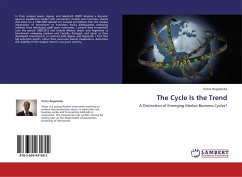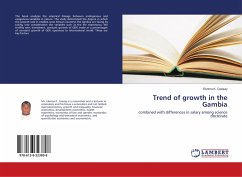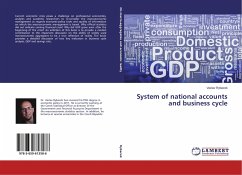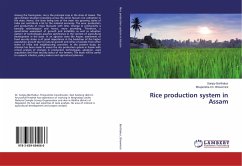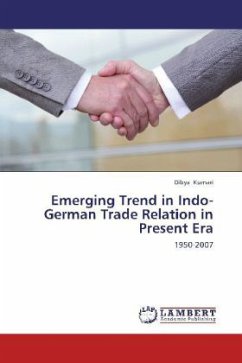In their seminal paper, Aguiar and Gopinath (2007) develop a dynamic general equilibrium model with permanent (trend) and transitory shocks and show on a 1980-2003 dataset for Canada and Mexico that the relative importance of permanent to transitory hocks distinguishes emerging markets from developed small open economies. I extend their framework over the period 1980-2012 and include Mexico, Brazil, and Argentina as benchmark emerging markets and Canada, Portugal, and Spain as their developed counterparts. In contrast with Aguiar and Gopinath, I find that big economic events, rather than particular market classications, determine the volatility of the output trend in any given country.
Bitte wählen Sie Ihr Anliegen aus.
Rechnungen
Retourenschein anfordern
Bestellstatus
Storno

